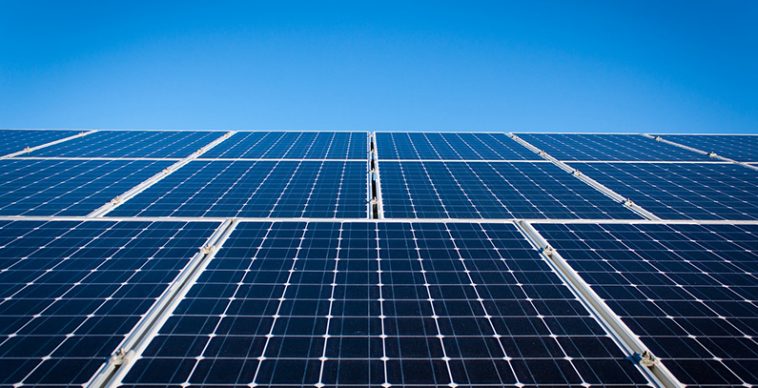All On, a leading impact investment firm in Nigeria, recently signed a significant investment agreement with Baobab Plus Nigeria, committing $2.25 million to a credit facility. This investment is pivotal for rolling out 1,536 solar energy systems throughout Nigeria, with capacities ranging between 600W and 3KW.
The collaboration is set to capitalize on Baobab+ Nigeria’s extensive Pay-as-you-Go Agent Network, which covers 21 locations in the Southwest, North Central, and Northwest regions. All On highlights that this partnership brings light to homes and communities, empowers them, and protects the environment.
All On’s CEO, Caroline Eboumbou, recently announced the company’s commitment to improving the availability of energy products and services for underprivileged communities in Nigeria. She stressed the importance of backing pioneering enterprises, including Baobab+, at the forefront of expanding access to renewable energy.
Eboumbou stated, “Our partnership with Baobab+ stands as a testament to our dedication to aiding Nigeria’s journey towards sustainable growth and ensuring a brighter future for every Nigerian.”
Kolawole Osinowo, CEO of Baobab+ Nigeria, expressed great enthusiasm about their partnership, highlighting the investment as a groundbreaking financing approach. This approach will enable Baobab+ to widen its reach and empower small and medium-sized enterprises (SMEs) and communities nationwide. Osinowo pointed out that Baobab+’s provision of affordable solar systems does more than just reduce costs and enhance living conditions; it also significantly contributes to environmental sustainability.
“This is in perfect harmony with Baobab+’s mission. Thanks to the invaluable support from All On, we’re positioned to make a substantial impact on numerous lives,” Osinowo remarked.
The investment is set to expand Baobab+’s PayGo Agent Network into new regions, particularly targeting rural, off-grid, and underserved communities. The consumer-friendly payment options are designed to overcome the primary cost hurdle, ensuring that low-income earners’ solar energy products are within reach by aligning with their financial capabilities.



